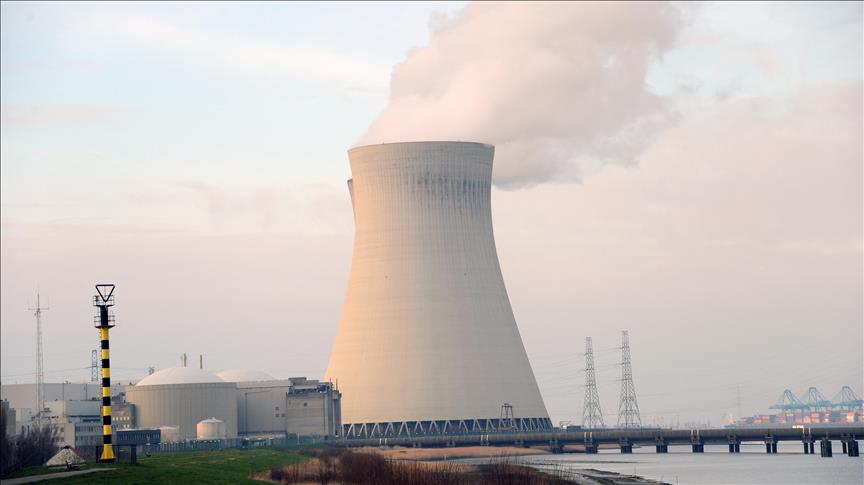Alexey Likhachev, the chief executive of Russia's State Atomic Energy Corporation, Rosatom, confirmed Thursday that Russia's nuclear power plants are secure amid increased attacks.
Speaking to journalists in Sochi, Likhachev acknowledged the increased attempts to attack the Zaporizhzhia nuclear power plant in southeastern Ukraine and other plants in Russia.
He disclosed that the attacks have come in the form of unmanned aerial vehicles (UAVs) targeting nuclear facilities as well as cyberattacks.
"There are more unmanned aerial vehicles (UAVs) targeting power plants, including the Zaporizhzhia nuclear power plant. "With the Russian National Guard, we are doing everything to protect our nuclear power plants from both physical and cyber attacks," he said.
The costs of these attacks are not merely financial but have had a psychological effect on personnel in targeted plants for over a year, he explained.
"It is clear that they are putting pressure on our staff, but we are doing everything we can to support the workforce both morally and financially during these difficult times," he concluded.
Explosions at the Kakhovka dam near Kherson in southern Ukraine unleashed floodwaters on Tuesday, endangering thousands of people and the Zaporizhzhia plant, as both Moscow and Kyiv accused each other of destruction.
Ukrainian President Volodymyr Zelenskyy said on Twitter that the dam's destruction "confirms for the whole world that they (Russian forces) must be expelled from every corner of Ukrainian land."
Later, in a video address to the Bucharest Nine Summit in Romania, Zelenskyy said that it is "physically impossible" to blow up the dam from the outside or by shelling, claiming that it was mined by Russia.
But Russia strongly rejected the accusations, claiming the dam’s destruction was a "deliberate" act of sabotage by Kyiv.
The vast dam, 30 meters (98 feet) tall and 3.2 kilometers (2 miles) long, was built in 1956 on the Dnieper River as part of the Kakhovka Hydroelectric Power Plant. It also holds a reservoir with a capacity of 18 cubic kilometers (4.3 cubic miles).
Reporting by Emre Gurkan Abay in Moscow
Writing by Ebru Sengul Cevrioglu
Anadolu Agency
energy@aa.com.tr


